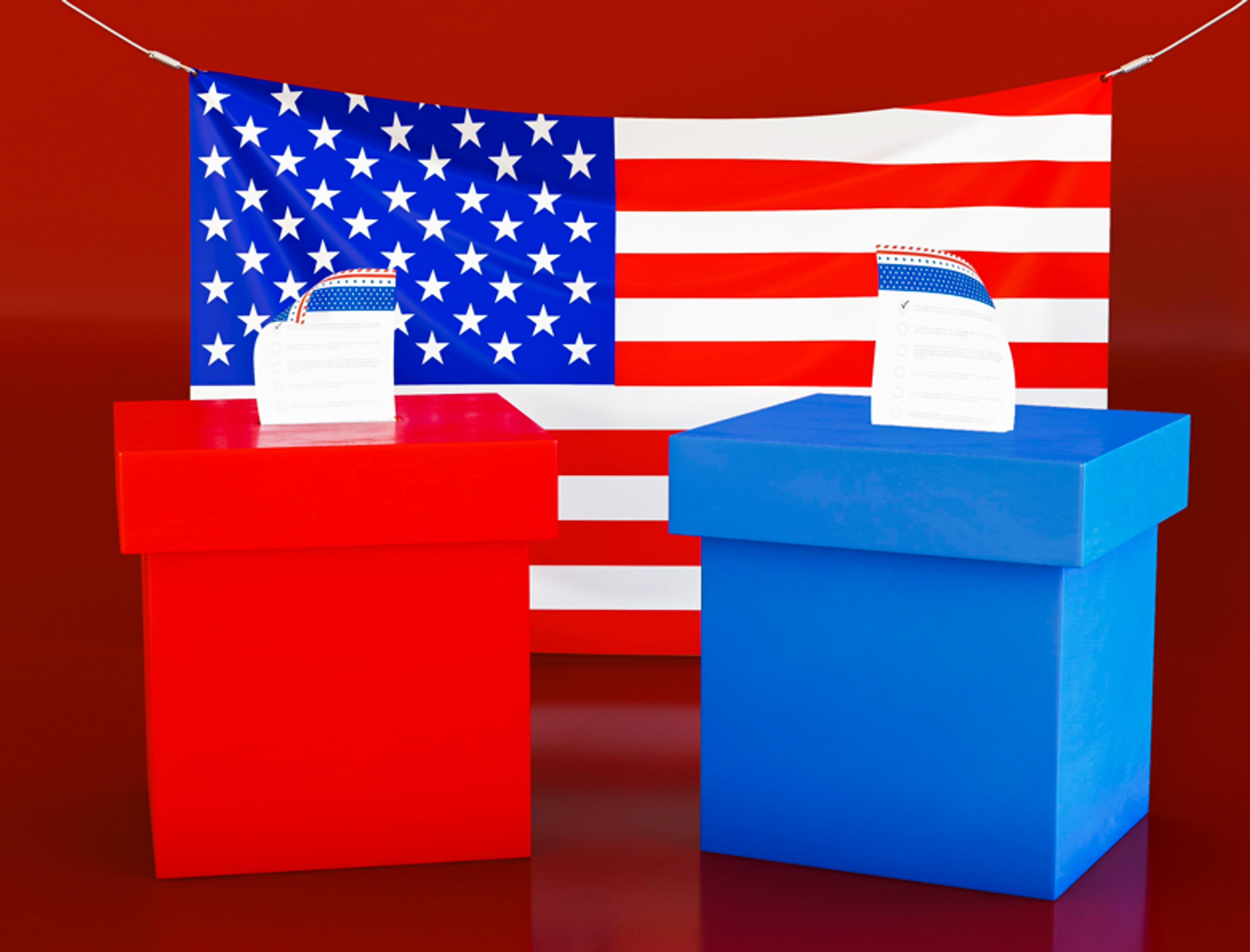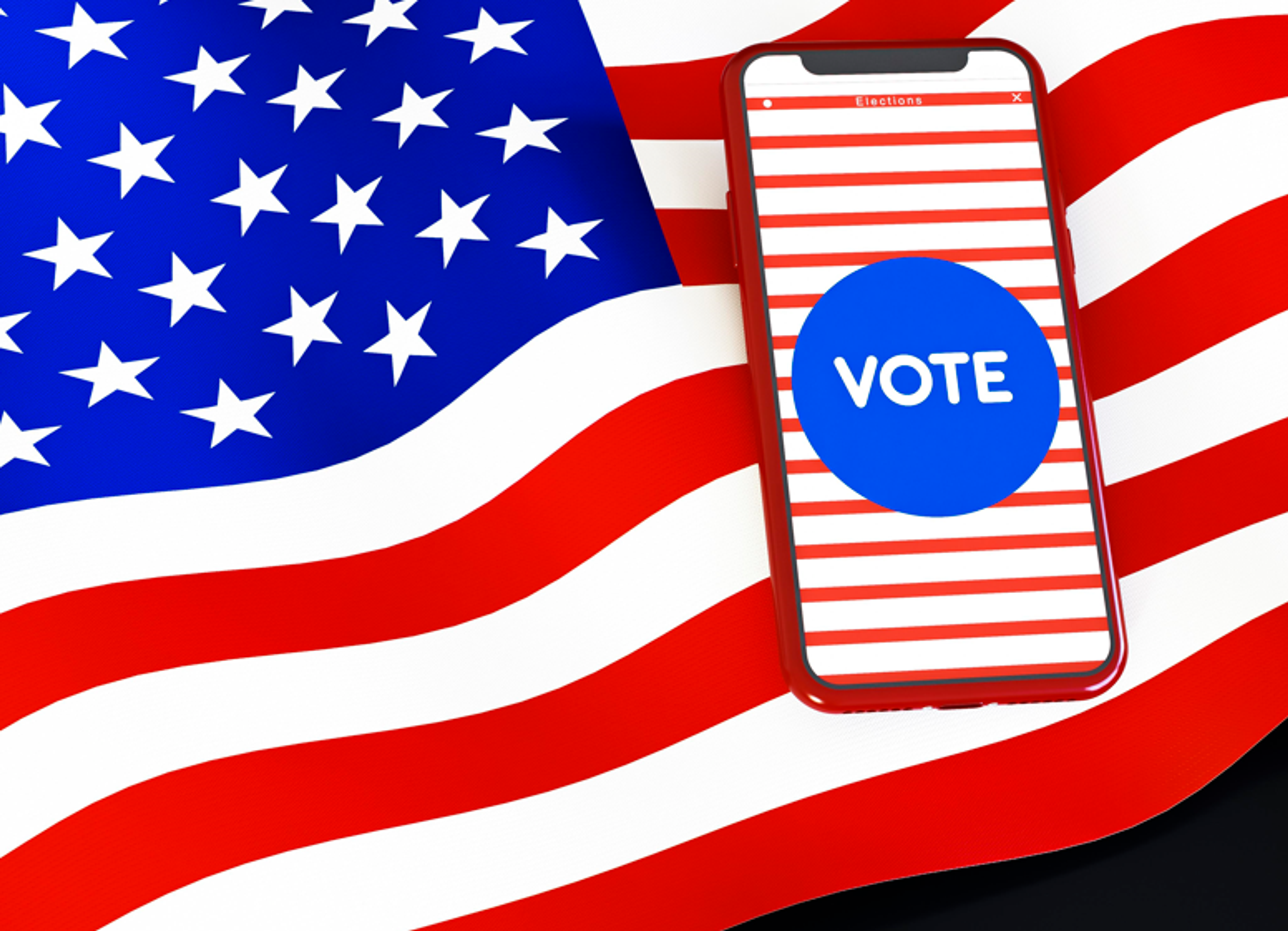
As political campaigns heat up, their influence extends across all aspects of the digital world, reshaping cybersecurity approaches and online spending trends. In the same way that brands must navigate their election sensitivities in influencer marketing, cybersecurity is facing more challenges and responsibilities in that respect. From protecting campaign data to ensuring secure communication channels, the intersection of politics and cybersecurity is growing ever more sophisticated.
For businesses engaged in digital marketing, especially those working with influencers, election cycles bring diverse cybersecurity risks. Phishing scams, misinformation, and even cyberattacks become more prevalent in politically charged environments, requiring companies to double down on protection.

The Impact of Political Campaigns on Cybersecurity
1. A Surge in Phishing Attacks: During election seasons, phishing scams are particularly aggressive, often capitalizing on the increased traffic to political content. Bad actors use tactics like fake donation requests, fraudulent campaign emails, or false political surveys to target both individuals and companies. Cybersecurity experts have noted a rise in spear-phishing, where attackers focus on high-profile influencers or political commentators, attempting to infiltrate not only personal accounts but brand partnerships as well. AI-driven phishing detection solutions become essential here, as they can rapidly identify and block suspicious activities before any damage is done.
2. Influencer Vulnerabilities: As brands increasingly collaborate with influencers to promote their products during political events, protecting these influencers’ digital security is primary. Influencers, often public figures, become easy targets for cyberattacks that can damage their reputations and put the brands they work with at risk. Companies should implement cybersecurity training programs for influencers, ensuring they understand how to protect their personal data, recognize phishing attempts, and secure their online platforms.
Influencer marketing research, such as reports from Digiday, shows that political discussions can be a minefield for brands. Cybersecurity plays a critical role in protecting not only these conversations but also in securing the platforms used for political messaging.
3. The Role of Social Media Monitoring: During elections, social media platforms experience an increase trend in activity, much of it around political discourse. These platforms are a common target for misinformation campaigns, where disinformation about brands or political figures can spread quickly. Brands need to invest in tools that monitor social media conversations for signs of misinformation or hacking attempts. AI-powered social listening tools help identify fake news or manipulated content, allowing brands to react swiftly and protect their image.
Reports indicate that political spending on digital ads is projected to rise significantly during election cycles. Companies must ensure their cybersecurity systems are robust enough to handle the surge in online political discussions, preventing data breaches and safeguarding campaign materials.
A Cybersecure Election Season
Here are a few actionable steps businesses can take to strengthen their cybersecurity posture during election periods:
- Conduct Cybersecurity Audits: Regular audits of your systems help identify vulnerabilities, especially in times of increased digital activity. Make sure your firewalls, encryption methods, and phishing detection tools are up to date.
- Train Your Teams and Partners: Whether it’s employees or influencers, ensure everyone involved in your digital campaigns understands basic cybersecurity protocols. This reduces the risk of human error leading to a cyber breach.
- Invest in AI Solutions: AI-driven cybersecurity tools can help predict, detect, and mitigate potential threats before they materialize. From phishing detection to real-time threat monitoring, these tools ensure businesses stay ahead of evolving risks.
- Secure Social Media Channels: Given the high volume of political discussions on platforms like Twitter and Facebook, ensuring that your accounts are protected with multi-factor authentication and monitored for unusual activity is critical.

As elections influence more areas of digital marketing and brand communication, cybersecurity becomes an essential pillar of every campaign strategy. The political environment, combined with the rise of AI-driven tools, means cybersecurity efforts must be proactive, agile, and adaptable.
If your business is navigating these challenges, now is the time to reinforce your cybersecurity measures and ensure your digital strategies are protected from evolving threats.
